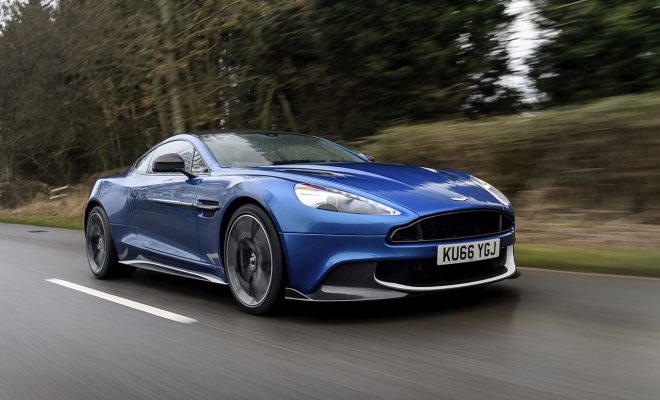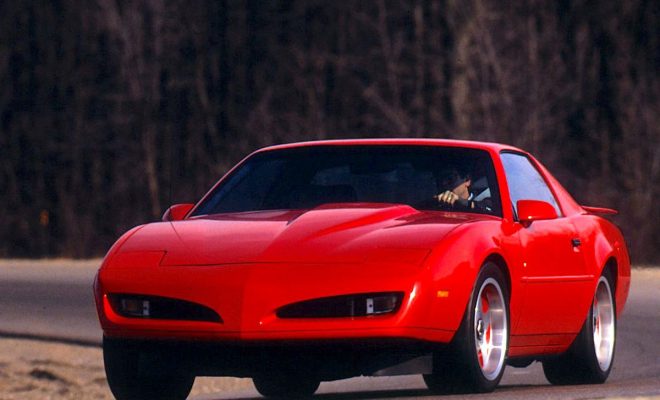EVs Are Adopting Tesla Charging. Here’s When It’ll Actually Happen

Electric vehicles (EVs) are gradually becoming the forefront of the automotive industry as they represent a cleaner alternative to internal combustion engine (ICE) vehicles. One of the key aspects of this transition to electric-powered transport is the necessity for efficient and widespread charging infrastructure. The conversation around EV charging standardization has intensified, with Tesla’s proprietary Supercharger network being particularly influential.
Tesla, a frontrunner in electric vehicle technology, has developed an extensive network of Superchargers that, up until recently, were primarily available only to Tesla owners. However, there’s a growing movement towards adopting the Tesla charging standard more broadly across the EV market. The main advantage of this adoption would be the increased convenience for EV owners who would enjoy access to Tesla’s widespread network.
The question remains: When will non-Tesla EVs start universally adopting Tesla charging capabilities?
The timeline for this potential shift is complex and hinges on multiple factors like regulatory decisions, technological advancements, and agreements between Tesla and other automakers. One major step in this direction was Tesla’s announcement in 2021 that they would open their Supercharger network to other EVs. Since then, discussions and pilot programs have cropped up in various regions, testing the waters for a broader implementation.
In Europe, certain Tesla Supercharger stations have already begun offering compatibility with non-Tesla vehicles through modified connectors compatible with the CCS (Combined Charging System) standard widely used by European car manufacturers. Plans to expand this openness are underway, indicating that cross-compatibility might become more common sooner rather than later.
In North America, where Tesla uses a different proprietary connector for its chargers, the transition might be slower due to the need for adapter solutions or physical changes to the connectors at Supercharger stations. Nonetheless, there have been hints from Tesla about adapting their connectors or implementing adapters that could make their chargers accessible to different EV models.
Given these dynamic variables, an exact date when Tesla charging will be universally adopted by all EVs remains uncertain. Still, if current trends continue and pilot programs are successful, it’s plausible that within the next few years we could see significant developments in terms of cross-compatibility between Tesla Superchargers and other electric vehicles.
As governments around the world push for rapid electrification of transportation and carbon neutrality goals, pressure may increase on both infrastructure providers like Tesla and automakers to facilitate universal charging solutions. This accelerated cooperation could potentially see universal adoption on a more expedited timeline than anticipated.
In conclusion, while there’s no concrete date set for when all electric vehicles will adopt Tesla charging standards, progressive initiatives and trial programs indicate it could happen within a few years. The evolution of regulations, market dynamics, and technological innovations will play critical roles in shaping this future landscape of EV charging accessibility.






